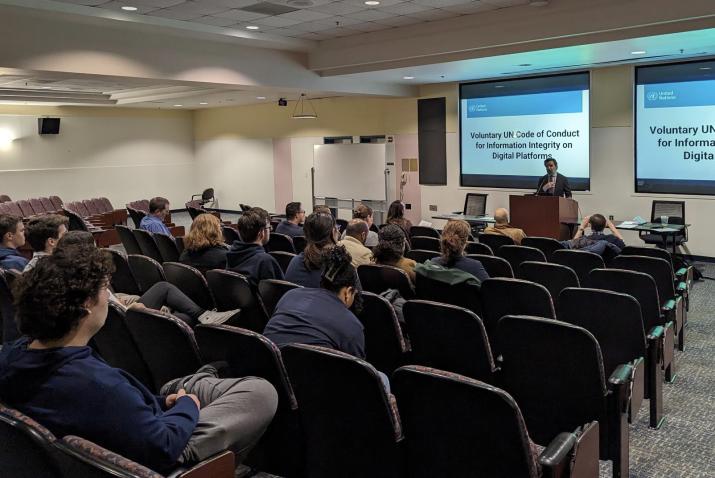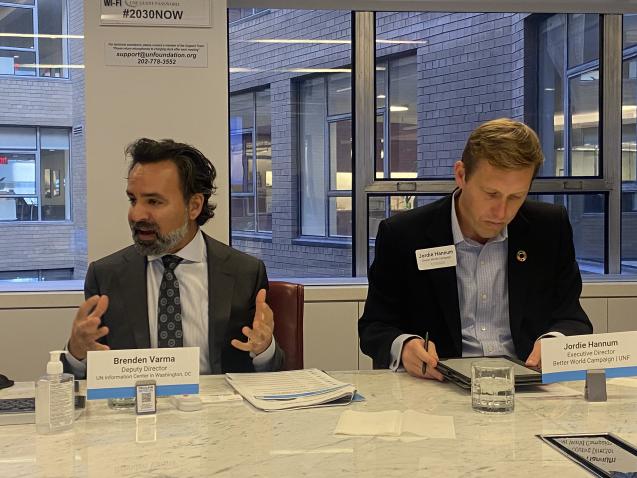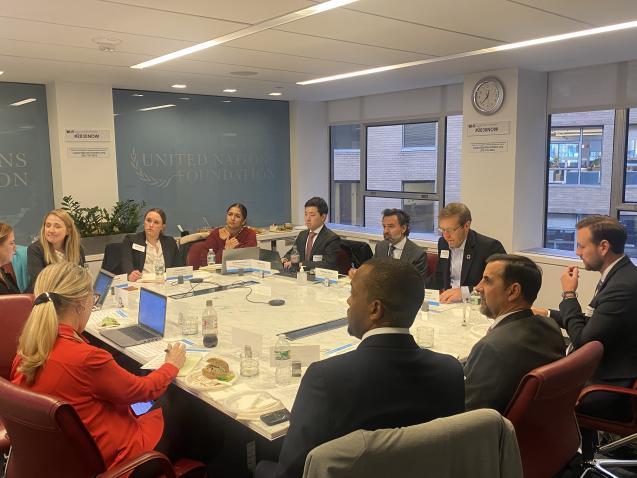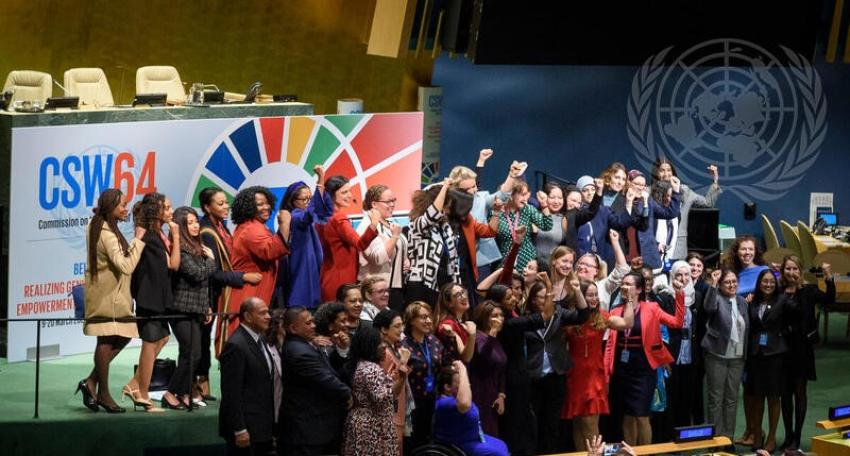Washington, DC – 20 November 2023 – According to the Secretary-General’s policy brief on information integrity on digital platforms, optimism over the potential of social media to connect and engage people has been dampened as mis- and disinformation and hate speech have surged from the margins of digital space into the mainstream. The danger cannot be overstated. The ability to disseminate large-scale disinformation to undermine scientifically established facts poses an existential risk to humanity and endangers democratic institutions and fundamental human rights. These risks have further intensified because of rapid advancements in technology, such as generative artificial intelligence. Business as usual is not an option.

That’s why the United Nations is developing a voluntary Code of Conduct for information integrity on digital platforms. It seeks to provide a concerted global response to information threats that is firmly rooted in human rights, including the rights to freedom of expression and opinion and access to information. The goal of the Code of Conduct is to help to guide Member States, the digital platforms and others in their efforts to make the digital space more inclusive and safe for all. It is being developed in the context of preparations for the Summit of the Future.

As the United Nations develops the Code of Conduct, its information centers throughout the world are holding a series of consultations with experts, academics, youth and other members of the public. Inputs from these consultations are feeding into the drafting process. It was in that context that the United Nations Information Center in Washington, DC, held two consultations last week.
The first, held at American University on 13 November, brought together professors, lecturers and students who are focused on information integrity. Among other topics, participants discussed: how digital platforms, advertisers and users could address mis- and disinformation and hate speech; how countries could ensure that their efforts to combat these scourges did not infringe on any legitimate expressions of views; how independent media could be best protected; how transparency could be ensured on digital platforms’ algorithms and funding sources; and how users could be empowered to identify and respond to mis- and disinformation and hate speech in light of artificial intelligence advances.

A second consultation was hosted by the United Nations Foundation on 14 November. Bringing together representatives of think tanks and civil society, as well as other experts, this consultation focused on addressing the specific threats posed by mis- and disinformation and hate speech to United Nations operations, including peacekeepers and frontline workers.
Regardless of whether one is able to participate in a consultation, everyone is invited to submit inputs via the United Nations’ webpage on the Code of Conduct. The deadline for submission is 1 December 2023, and any questions can be directed to: informationintegrity@un.org.




